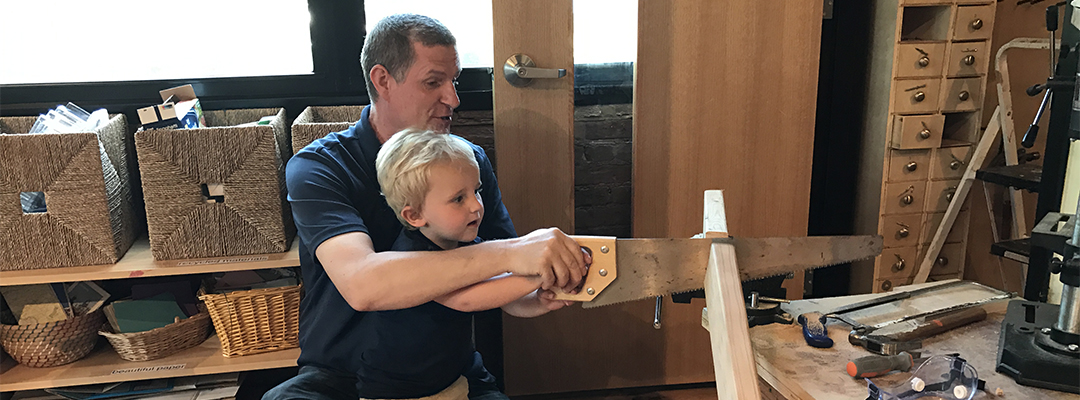
At Voyagers’ Community School, we know that learning doesn’t start at drop-off and stop at pickup—it’s a continuous journey that begins at home, often in the smallest moments. For today’s parents—especially those of us juggling work, family, and everything in between—it’s easy to overlook how deeply our everyday actions shape our children’s emotional growth.
But here’s the truth: one of the most powerful lessons your child will ever receive isn’t taught in a classroom. It’s taught by you—through your reactions, your words, your tone, and even your silences.
The Mirror Effect: Your Child is Always Watching
Kids are wired to observe. From the earliest age, they’re watching how we respond to stress, how we manage conflict, how we handle mistakes, and how we show love. This process, called modeling, lays the emotional foundation for how they will relate to others and manage their own feelings.
Every time you take a breath instead of snapping, or calmly talk through a tough moment, you’re not just diffusing tension—you’re giving your child a template for emotional resilience.
Emotional Regulation Is Learned
Contrary to what many of us were raised to believe, kids don’t “just grow out of” emotional outbursts or learn to self-regulate on their own. They need coaching—and most importantly, they need examples.
That means showing your child how you work through frustration, anxiety, or disappointment in real time. Modeling emotional regulation teaches kids that it’s not about suppressing feelings, but understanding and managing them.
It’s Not About Perfection—It’s About Repair
Let’s be real: no parent gets it right 100% of the time. You will lose your temper. You will get overwhelmed. And that’s okay.
What matters is what comes next. When you say, “I’m sorry for raising my voice—I was feeling stressed, but that wasn’t fair to you,” you’re not just apologizing. You’re modeling accountability, empathy, and repair. That’s a lesson that sticks.
5 Everyday Ways to Model Emotional Regulation
- Name your feelings out loud: “I’m feeling a little overwhelmed right now.”
- Take a beat: Let your child see you pause before reacting.
- Use visible calming strategies: Breathe deeply, stretch, or step outside.
- Reflect out loud: “That didn’t go how I wanted. What can we both do differently next time?”
- Acknowledge effort: Celebrate when your child tries to manage big emotions, even imperfectly.
Partnership Matters
At Voyagers’, we’re committed to raising emotionally intelligent, compassionate, and confident learners—and we know this only works when we partner with you. Together, we create consistent, safe spaces where children are seen, heard, and supported.
So the next time you’re managing a challenging moment, remember: your child is learning from how you show up. And that modeled behavior? It’s one of the most meaningful life lessons they’ll ever receive.